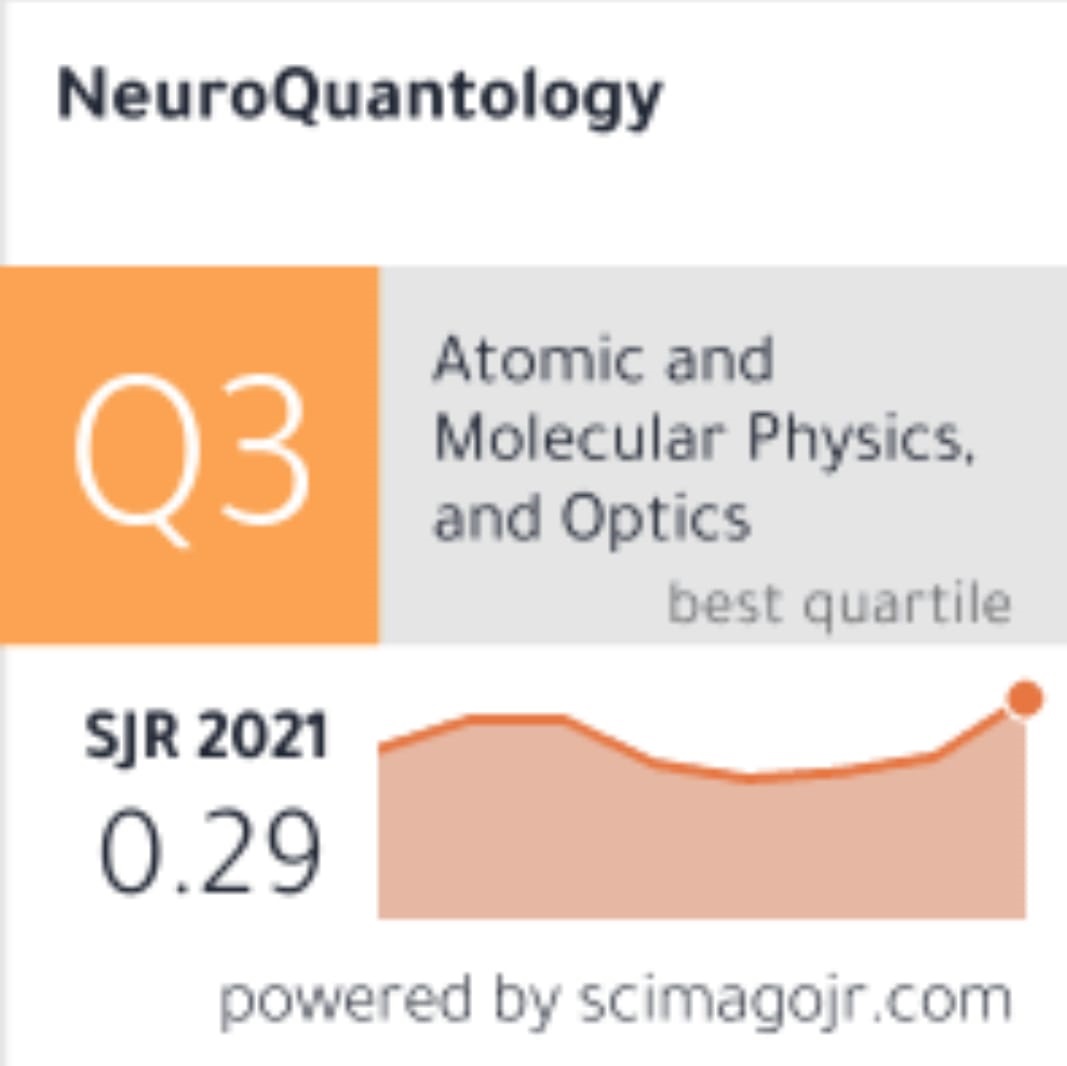


Volume 22 No 5 (2024)
Download PDF
Sleep Modulation: The Hidden Influence of Neurotransmitter Systems
Dr. Sajidali S. Saiyad, Dr Rinam Nareshbhai Doshi, Dr. Mohmad Sejarali Sayeed, Dr. Tehsin Shaikh
Abstract
Introduction: Sleep is a vital biological process regulated by various neurotransmitter systems, especially dopamine, which plays a critical role in modulating different sleep stages, including REM and NREM phases. Sleep deprivation has been shown to impact neurotransmitter levels, potentially disrupting normal sleep architecture. This study investigates how neurotransmitter systems, particularly the dopaminergic system, influence sleep modulation and recovery after sleep deprivation.
Materials and Methods: Fifty healthy male volunteers, aged 20–30 years, were divided into three groups: non-sleep deprived, total sleep deprived (TSD), and REM sleep deprived (RSD). Participants' sleep patterns were monitored using EEG and EMG, and blood samples were collected to assess cortisol, prolactin, and estradiol levels. Dopamine transporter (DAT) activity in the striatum was measured using SPECT imaging. Hormonal changes and DAT availability were analyzed across sleep deprivation and recovery phases.
Results:
No significant changes were observed in cortisol, prolactin, or estradiol levels immediately after two nights of TSD or four nights of RSD. However, during the recovery phase, estradiol levels positively correlated with slow-wave sleep (SWS) and DAT activity in the striatum, particularly in the TSD group. Prolactin levels correlated with REM sleep latency, indicating neurotransmitters' delayed impact on sleep recovery.
Discussion: The findings suggest that while neurotransmitter systems, particularly dopamine, do not exhibit immediate alterations in response to sleep deprivation, they play a critical role during sleep recovery. SPECT imaging revealed that increased DAT activity during recovery correlates with higher estradiol levels, highlighting dopamine’s role in promoting deeper, restorative sleep. These results underscore the subtle yet essential influence of neurotransmitter systems in regulating sleep patterns following deprivation.
Conclusion: This study underscores the critical, though often hidden, role of neurotransmitter systems, especially dopamine, in modulating sleep and recovery after sleep deprivation. While immediate hormonal responses to deprivation are minimal, dopamine plays a crucial role in restoring sleep homeostasis during recovery phases.
Keywords
Sleep modulation, neurotransmitters, dopamine, REM sleep, NREM sleep, sleep deprivation, dopamine transporter (DAT), slow-wave sleep (SWS), sleep recovery, SPECT imaging, prolactin, estradiol, cortisol.
Copyright
Copyright © 2025 Neuroquantology
Creative Commons License
This work is licensed under a Creative Commons Attribution-NonCommercial-NoDerivatives 4.0 International License.
Articles published in the Neuroquantology are available under Creative Commons Attribution Non-Commercial No Derivatives Licence (CC BY-NC-ND 4.0). Authors retain copyright in their work and grant IJECSE right of first publication under CC BY-NC-ND 4.0. Users have the right to read, download, copy, distribute, print, search, or link to the full texts of articles in this journal, and to use them for any other lawful purpose.
